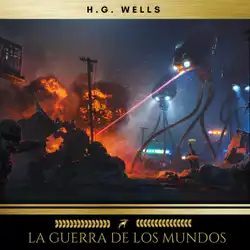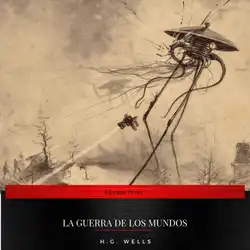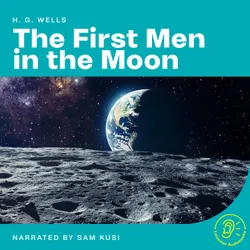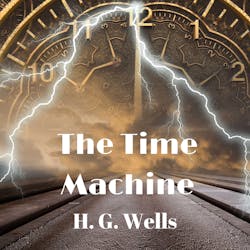A Modern Utopia H. G. Wells - A Modern Utopia is a 1905 novel by H. G. Wells. Because of the complexity and sophistication of its narrative structure, A Modern Utopia has been called "not so much a modern as a postmodern utopia."[1] The novel is best known for its notion that a voluntary order of nobility known as the Samurai could effectively rule a "kinetic and not static" world state[2] so as to solve "the problem of combining progress with political stability"

El país de los ciegos
H.G. Wells
book
La Guerra de los Mundos
H.G. Wells
audiobookbook
La máquina del tiempo
H.G. Wells
book
La Guerra De Los Mundos
H.G. Wells
audiobook
World's Greatest Short Stories
Daniel Defoe, Benjamin Franklin, Washington Irving, Mateo Falcone, Charlotte Bronte, Mary Shelley, Nathaniel Hawthorne, Nikolai Gogol, Edgar Allan Poe, Fyodor Dostoyevsky, Charles Dickens, Herman Melville, Mark Twain, Guy de Maupassant, Oscar Wilde, Leo Tolstoy, H.G. Wells, Ambrose Bierce, Stephen Crane, Kate Chopin, Jack London, E.M. Forster
audiobook
The Island of Doctor Moreau
H.G. Wells
audiobookbook
The First Men in the Moon
H.G. Wells
audiobookbook
The Time Machine
H.G. Wells
audiobookbook
The Invisible Man : A Grotesque Romance
H.G. Wells
audiobook
The Time Machine : An Invention
H.G. Wells
audiobook
Ægteskab
H.G. Wells
book
Hr. Britling og Verdenskrigen
H.G. Wells
book
